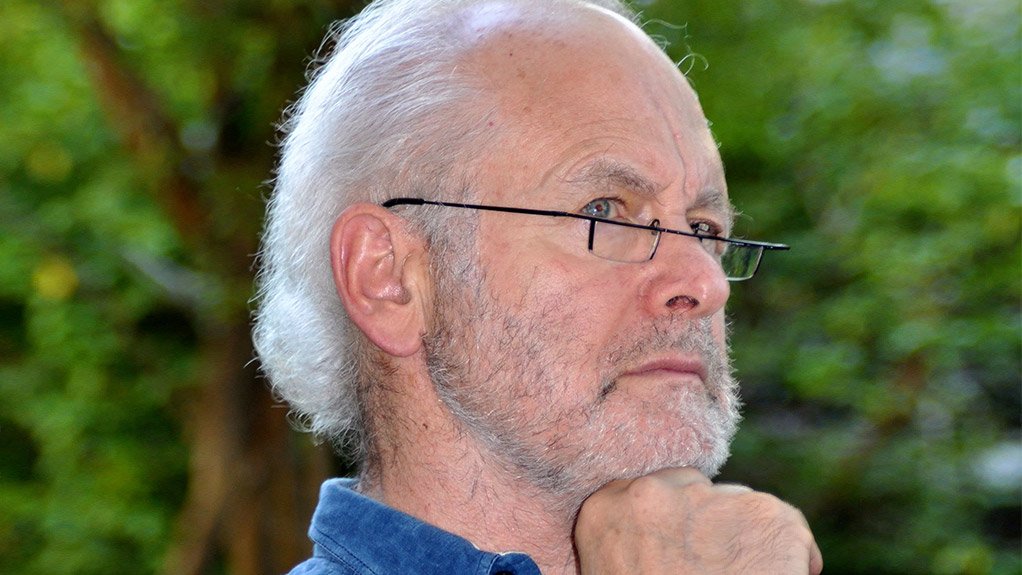The role of judges in post apartheid South Africa was always going to be complicated and controversial. The judiciary had been complicit in the enforcement of apartheid laws, sometimes applying them with considerable harshness and without empathy towards those experiencing continued oppression.
Despite the predominance of political appointments, many judges on being appointed acted according to a conception of professionalism that made them unsympathetic to arbitrary and unfettered apartheid government discretion. This limited number of judges interpreted legislation in ways that curtailed the impact of repression and attacks on individual liberty. What could be done was, nevertheless, within definite boundaries. These judges played an essentially defensive role, mitigating the harshness of an overall framework of laws that they were pledged, through their oath of office, to enforce.
The current constitutional order embraces fundamental civil rights but also charges organs of government with advancing social and economic rights. The basic framework within which the judiciary and the legal profession as a whole have to operate is quite different from before.
This presents challenges to a profession that is fundamentally conservative and accustomed to self-regulation. It has always resisted external social or political pressures to transform, often on the basis of professional independence. The idea of professionalism was understood to be something that lawyers and judges know best. This entails a conception of independence that risks perpetuating a closed network of colleagues who determine entry and advancement, from becoming successful advocates and senior counsel to acting and permanent judges.
The process of inclusion/ exclusion operates in various phases and places, significantly when attorneys choose who amongst the bar are to be or not be briefed, where advocates in turn decide who to enrol for pupillage or, in the case of senior counsel, who they ask/do not ask to be their “juniors”, providing or denying the experience so highly prized in the profession.
After 1994, and especially with the passing of the new constitution in 1996, the type of transformation required in the judiciary and the legal profession as a whole related partly to its demographic composition, in other words transforming a largely white male judiciary into one representative of the population, ensuring that more black men and women were promoted in the profession as a whole, and specifically as judges. It may be that neither of these has been adequately addressed, for the barriers in the way of representativity of population and gender (which is not canvassed here) start long before the Judicial Services Commission (JSC) selection process.
The second transformation required was in the type of jurisprudence that had to be developed in order to foster the values and laws embraced in the new constitution. This has been referred to as ‘transformative constitutionalism’. That one is black and /or a woman does not automatically mean one’s approach is transformatory.
This transformatory quality has, however, seen important decisions that in effect made law, as with the constitutional court striking down the death penalty and legalising same sex marriages.
The judiciary has also provided landmark judgments related to provision of housing and evictions, traditional authorities and other questions. Some of these have evoked criticism by the government and the ANC, who have argued that judges are usurping the role of the legislature. At times they have accused judges of playing a “counterrevolutionary” role or defending “antimajoritarian liberalism,” thus standing against the will of the majority represented by the legislature and the executive.
In the previous sitting of the JSC it is reported that human rights lawyers were subjected to grilling. Their predilection to defend the liberties of citizens resulted in conflict with the executive, leading to these lawyers being accused of flouting the doctrine of separation of powers. This may have been part of the reasoning for the failure to appoint some leading democratic lawyers.
In this week’s JSC hearings, the question of increased representation of women, and also judicial decisions around gender, came under the spotlight. A lobby group called Judges Matter Coalition made representations, drawing the JSC’s attention to two specific judgements delivered by one candidate. One had reduced a sentence for the rape of a child, arguing that there was a scale of ruthlessness and that the level of brutality had to be factored in as a mitigating factor. The other reduced the sentence of a man who had murdered his wife, stabbing her 38 times, describing it as a “crime of passion”.
The judgements demonstrated the uneven commitment of courts to combatting gender-based violence, and a reluctance to name rape as rape and murder as murder where the victim is a lover or a wife, something remarked on in relation to the Oscar Pistorius case.
The successful intervention of the Judges Matter Coalition is significant beyond the JSC. What it illustrates is that the power of an active citizenry can be invoked and in some cases, as with this one, have a definite role in determining the type of appointment made. It can also contribute towards developing a jurisprudence that is in line with the character of the constitution. Far too often gender-based violence has been policed, prosecuted and judged in a manner that treats it with less weight than other rights that form part of the Bill of Rights. It is significant that a civic lobby group contributed towards remedying this situation.
Professor Raymond Suttner, attached to Rhodes University and UNISA, is an analyst on current political questions and leadership issues. He writes a regular column and is interviewed weekly on Creamer Media’s Polity.org.za. Suttner is a former political prisoner and was in the leadership of the ANC-led alliance in the 1990s. He blogs at raymondsuttner.com. His twitter handle is @raymondsuttner
EMAIL THIS ARTICLE SAVE THIS ARTICLE
To subscribe email subscriptions@creamermedia.co.za or click here
To advertise email advertising@creamermedia.co.za or click here











